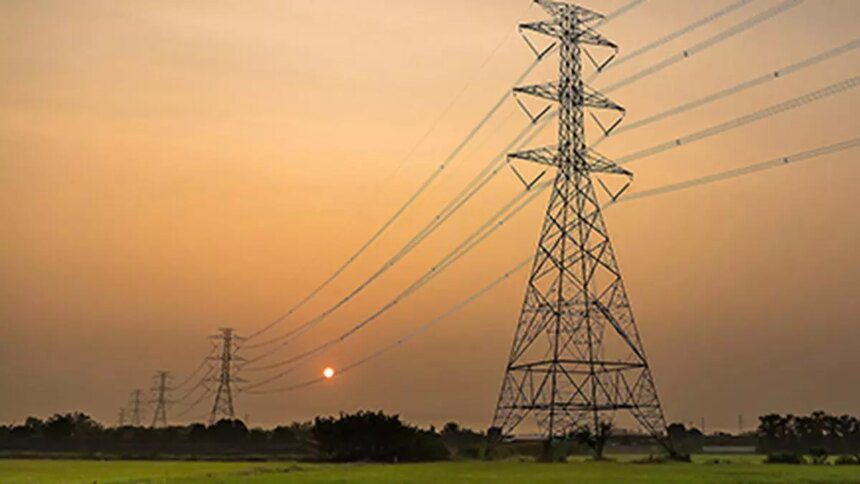The recent mandate for bulk consumers of electricity connected to the Interstate Transmission System (ISTS) to provide load relief in case of a drop in frequency level in the power system highlights the growing importance of managing energy consumption efficiently. This requirement, as suggested by Grid Controller of India Ltd., aims to ensure stability in the power grid and prevent disruptions when the frequency drops.
One notable aspect of this mandate is the inclusion of data centers and electrolysers among the bulk consumers obligated to provide load relief. These entities play a crucial role in the energy ecosystem and their participation in maintaining grid stability underscores the need for a coordinated approach towards energy management.
Furthermore, the decision to prioritize disconnection of non-essential loads, starting with battery energy storage systems and pumped hydro, at specific frequency levels demonstrates a strategic approach to managing electricity demand during times of stress on the grid.
In a separate development, the blacklisting of Indore-based Pragat Akshay Urja by the Ministry of New and Renewable Energy for attempting to deceive the government sheds light on the importance of accountability and transparency in the renewable energy sector. The misuse of government funds for projects that are not implemented as promised is a critical issue that needs to be addressed to maintain credibility in the sector.
On the international front, the data indicating a surge in electricity imports from Bhutan marks a positive shift towards cleaner energy sources. With Bhutan being a producer of hydroelectric power, the increase in imports signifies a move towards greener electricity options, aligning with sustainability goals.
However, the gap between current investment levels in renewable energy, as highlighted by the International Renewable Energy Agency (IRENA), and the amount needed to triple renewable energy capacity by 2030 underscores the need for increased financial commitment towards sustainable energy projects. Closing this gap is crucial for achieving global renewable energy targets and ensuring a transition towards a cleaner and more sustainable energy future.
In conclusion, the recent developments in the energy sector, including the mandate for load relief, blacklisting of fraudulent players, increase in imports of green electricity, and the call for higher investments in renewable energy, highlight the complex challenges and opportunities in the transition towards a more sustainable energy landscape. It is imperative for stakeholders to work together towards effective energy management, policy enforcement, and increased investments to drive the shift towards a cleaner and more sustainable energy future.










